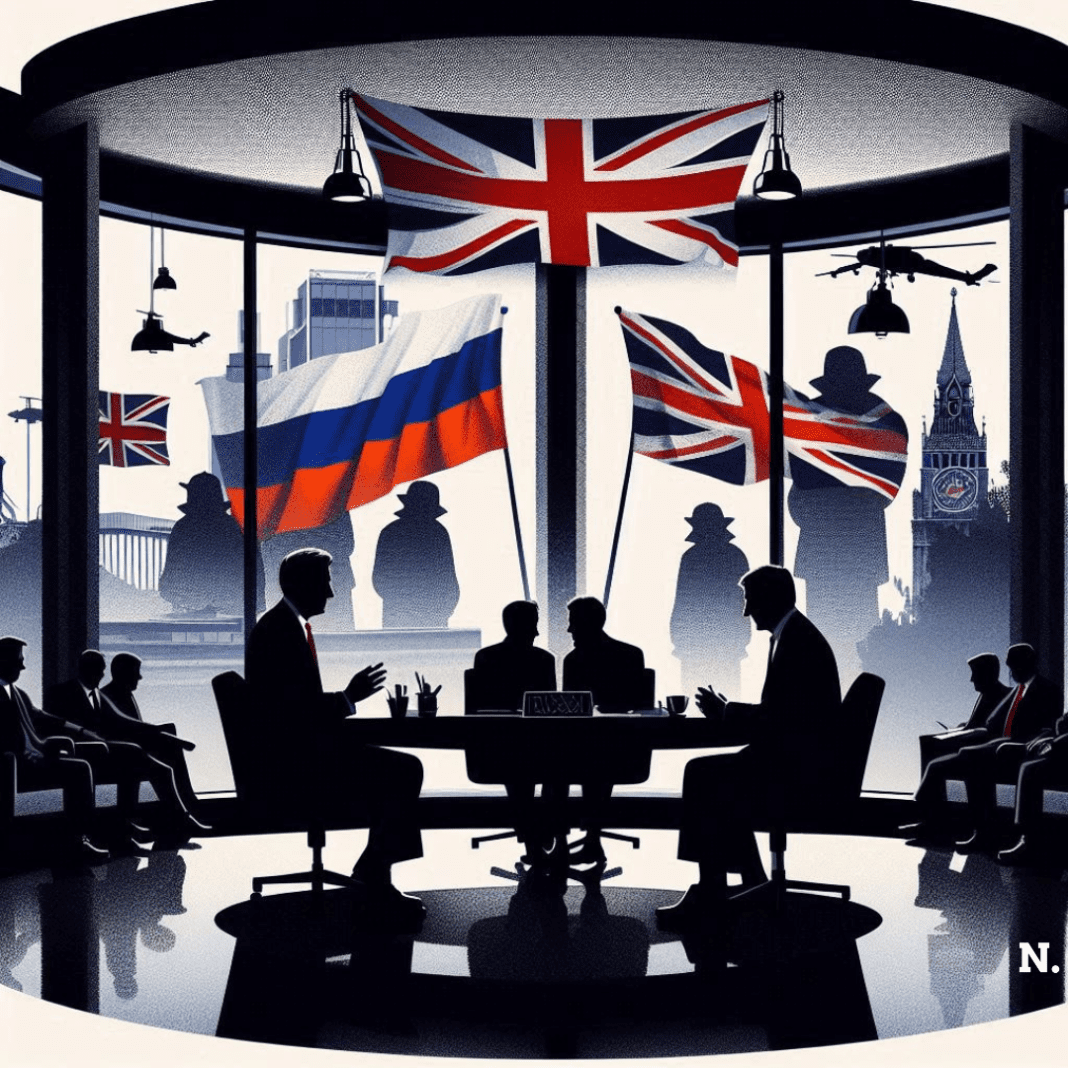Tensions between Russia and the United Kingdom have escalated significantly following accusations of espionage involving British diplomats. The Russian Federal Security Service, known as the FSB, has accused several British embassy staff of engaging in intelligence activities against Russia. This situation has added strain to the already complicated relationship between the two countries.
The Diplomatic Espionage Accusations
The FSB made a public announcement stating that certain British diplomats were involved in espionage, although they did not initially reveal the names of the accused. These accusations are serious and could lead to significant diplomatic consequences. Espionage refers to the practice of secretly gathering information, often for military or political purposes, which can be detrimental to a country’s security.
Shortly after the FSB’s announcement, Russian state television disclosed the identities of the diplomats accused of these activities. The reports claimed that the UK Foreign Office was orchestrating a “subversive policy” against Russia, indicating that these diplomats were allegedly working to undermine the Russian government. This assertion suggests a deep mistrust and heightened sensitivity towards foreign influence within Russia.
The accusations come amid a backdrop of increasing diplomatic friction between Russia and Western nations. Over the years, several incidents have raised concerns about espionage and intelligence operations. Governments often accuse each other of spying, which can lead to the expulsion of diplomats and further deterioration of relationships.
The FSB’s Warning
In their statement, the FSB warned that more British diplomats might face expulsion if further intelligence activities are discovered. This warning highlights the serious nature of the accusations and indicates that Russia is prepared to take stronger actions if it feels threatened.
The FSB displayed images of six embassy staff members they accused of espionage, emphasizing the gravity of the situation. Displaying images is a powerful way to convey a message and show that the government is taking these allegations seriously. It serves to inform the public and rally support for the government’s actions, as well as to signal to other nations that Russia is vigilant about its security.
Such accusations can have far-reaching consequences. Expelling diplomats not only strains relationships but also affects the work of embassies, which are crucial for maintaining diplomatic ties, providing services to citizens abroad, and facilitating discussions on important issues. When diplomats are expelled, it can lead to a tit-for-tat situation where the other country responds by expelling its diplomats as well.
The Diplomatic Historical Context and Implications
The accusations against British diplomats in Russia are not an isolated incident. History is replete with examples of espionage and intelligence conflicts between nations. During the Cold War, for example, espionage was rampant, with both sides engaging in various forms of spying to gain an advantage. The rivalry between nations often leads to heightened security measures and increased suspicion.
In recent years, the relationship between Russia and the UK has been strained by several incidents, including the poisoning of former spies and cyberattacks. These events have contributed to a climate of mistrust and have influenced how nations perceive each other. When one country accuses another of espionage, it reflects deeper political tensions and historical grievances.
For the UK, the accusations pose a challenging dilemma. The British government may need to consider how to respond without escalating the situation further. Diplomacy requires a careful balance, and making the wrong move could lead to increased tensions or even retaliation.
The allegations against British diplomats by the FSB illustrate the complex and often contentious nature of international relations. The situation serves as a reminder of ongoing issues related to espionage and intelligence gathering. Countries navigate these challenges in their efforts to protect national interests. The potential for further expulsions looms large. Increased hostility is also a possibility. As a result, the diplomatic landscape between Russia and the UK remains fraught with uncertainty.





